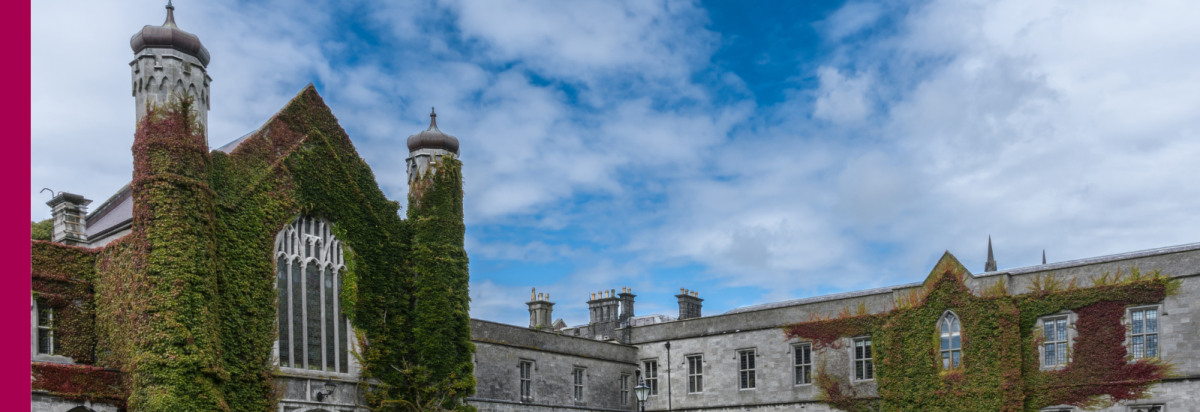4-year EngD studentship
Supervised by Drs Patricia Scully, (School of Chemical Engineering and Analytical Science), Prof Tony Peyton (School of Electrical and Electronic Engineering), and Dr Ian Cooper and Dr Miles Weston (TWI Technology Centre (Wales))
Project Aim:
To advance the state of the art in the application of Full Matrix Capture ultrasonic inspection techniques for the inspection of austenitic welds of particular relevance to the nuclear industry. The research will focus on the development of new algorithms to process this data such as those based on Sequential Phased Array techniques, which has been pioneered as part of existing research links between the University and industrial partner TWI.
Project Outline:
The use of linear array transducers in ultrasonic NDT has become common place in the nuclear sector. Typically elements in an array are excited in parallel to generate interference patterns in a component. By staggering the relative transmission times of individual elements, focussing and beam steering can be achieved. Full Matrix Capture (FMC) is a new data acquisition technique which stores raw signals from every tx/rx pair within an array. The technique involves the transmission of a wavefront from a single element into a material; reflected signals are then received on all elements and stored in the form of A-scans. A wave-front from a second element is then transmitted into the material and signals are again received on all elements and stored. Sequential transmission continues until all elements in the array have fired. This process generates a large 3D matrix of stored data. An algorithm called Sequential Phased Array (SPA) then generates a focused image from this 3D matrix where every pixel acts as a focal point and contains an amplitude contribution from every transmitter / receiver combination. The relevant amplitude contribution is calculated from the time of flight between the transmitter, receiver and point of interest.
Therefore, areas of interest which could be explored by the research student include:
- theoretical modelling of the microstructure in order to obtain an insight into the scattering behaviour of the austenitic weld region.
- further development of the SPA algorithm in order to account for beam bending, caused by the anisotropic material.
- signal encoding to improve the low signal-to-noise ratio, caused by the highly scattering material.
- application of FMC to laser ultrasound.
Research Environment:
This EngD project will be undertaken in close collaboration with the company TWI, equipping you to take up leading roles within industry.
In addition to obtaining a high quality doctoral qualification, you will gain experience of industrial research and development, a Diploma in Management Science and benefit from a focused Personal Development Programme.
The 4 year programme comprises four elements:
- a doctoral level research project or portfolio of projects
- a Management Diploma
- taught technical modules
- a professional development programme
The student will work under the supervision of Patricia Scully (UoM), Tony Peyton, (UoM), Ian Cooper and Miles Weston (TWI Technology Centre (Wales)).
There will be quarterly review meetings, at Manchester and TWI sites at Port Talbot and Cambridge to monitor and direct the research. Additional visits to user sites for field work will be encouraged. There may also be the potential to spend time at the sites of TWI partners.
The student will report on a daily basis to experienced professional engineers, with weekly meeting with the supervisors. The Company is keen to encourage on-site involvement and we aim to adopt a flexible arrangement with the student spending up to 75% of the available Company time at the industrial sites.
Entry Requirements:
Applicants should hold (or expect to attain) a 2(i) or higher degree in Physics, Engineering or Materials Science and be interested in ultrasonic imaging. This EPSRC EngD studentship will cover tuition fees at the UK/EU rate and provide a tax-free stipend of £20,000 per annum for four years. Eligibility is restricted to UK/EU applicants with 3 years residency in the UK.
Informal enquiries may be directed to Dr Patricia Scully and Professor Tony Peyton.
Any interested students should download and complete the student contact details form and return it with a current CV to Dr Andy Clarke or Dr Scully. Formal applications should be made through the School of Chemical Engineering and Analytical Science
Further information:
http://www.dalton.manchester.ac.uk/education/nuclear-engd/programme-downloads/
EngD Prospectus for students:
http://www.dalton.manchester.ac.uk/images/subr/files/pg-course/Engdwebsiteprojectlist.pdf
Applications deadline: As Soon As Possible
http://www.ceas.manchester.ac.uk/postgraduate/research/apply/

